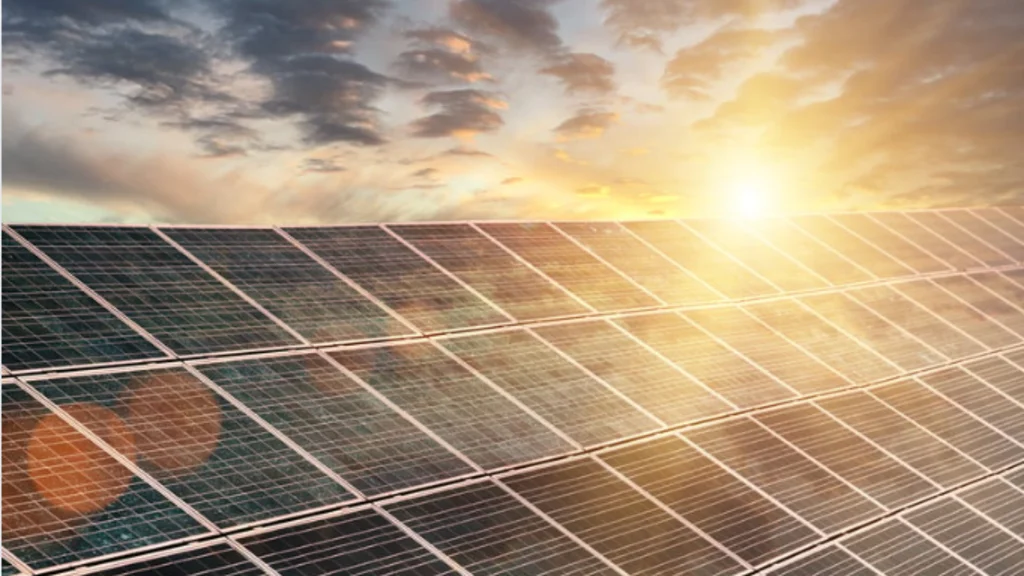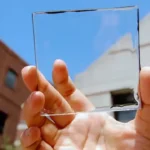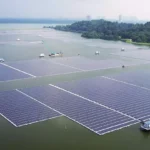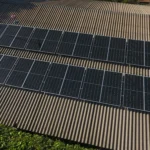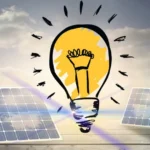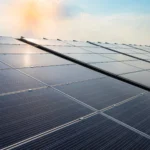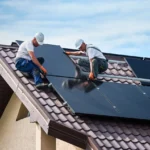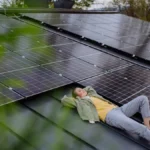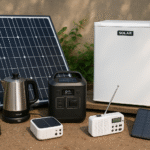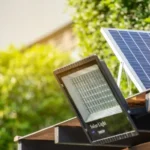If you’re investing in solar panels, you’ve likely come across the name REC Solar Panels. But are they truly as efficient and durable as manufacturers claim them to be? In this guide, we’ll break down the real-world performance of REC panels, from output loss due to dirt buildup to smart inverter compatibility, so you can decide if they’re the right fit for your home or business.
Let’s explore what sets REC apart, how their panels perform under daily wear and tear, and what homeowners have learned after years of use.
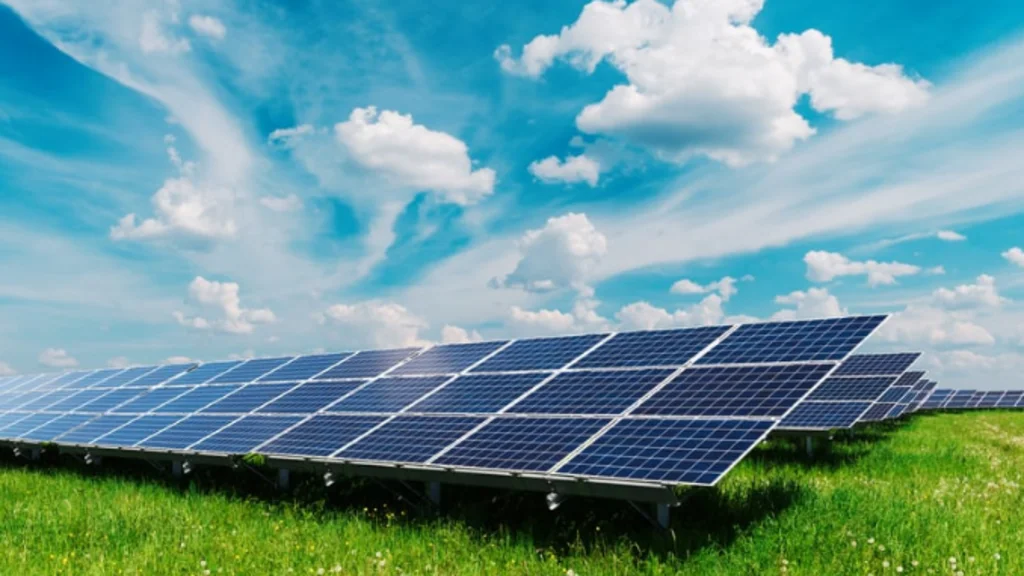
Why REC Solar Panels Are Gaining Popularity Among Homeowners
REC has steadily grown into a global name for high-efficiency, long-lasting solar panels. But popularity isn’t just about clever marketing, it’s about actual performance, installer trust, and customer satisfaction.
Built using advanced HJT technology and reinforced with quality assurance at every step, REC Panels have earned their place among the industry’s top performers.
Real-World Example: How REC Panels Handled Coastal Weather Conditions
In Florida, one homeowner we spoke to had REC Alpha panels installed in 2022 on a coastal property prone to humidity, salt exposure, and occasional hurricanes.
“Two years in, my output has been incredibly stable. I clean them about every three months, and I’ve noticed no serious drop even during the rainy season,” said Angela, a Jacksonville homeowner.
Her experience reflects REC’s weather-resistant frame and glass coating, which resist corrosion and maintain optimal transparency even after exposure to salt spray—a significant advantage for homeowners in humid or coastal regions.
What Impacts REC Solar Panel Performance? Let’s Break It Down
Solar panel efficiency may look impressive on a spec sheet, but the real test is how it performs in your specific environment. Let’s take a closer look at what can affect REC Solar Panels in everyday use and how to optimize your system’s performance.
Even premium panels require care, and understanding these factors can prevent long-term performance loss.
Dirt Accumulation and Soiling Loss
Dirt, pollen, bird droppings, and dust can reduce solar panel efficiency by up to 20%. While REC panels have anti-soiling coatings, they’re not magic. A regular cleaning schedule remains essential.
Tip: Gently wipe panels with a microfiber cloth and soft water every 2–3 months to prevent buildup. Use a soft-bristle brush for stuck-on debris.
Efficiency in High Temperatures
Unlike cheaper panels that degrade in extreme heat, REC panels have a low temperature coefficient, around -0.26%/°C. This means they lose less efficiency on hot days compared to average panels, which often reach -0.35% per °C or worse.
This difference can add up to 35–60 kWh more per year per panel in hot regions like Texas or Arizona.
Partial Shading and Smart Inverter Compatibility
REC panels pair well with microinverters and hybrid inverters, such as Enphase and SolarEdge. This means even if part of your roof is shaded, panel-level optimization allows the rest of the array to maintain output.
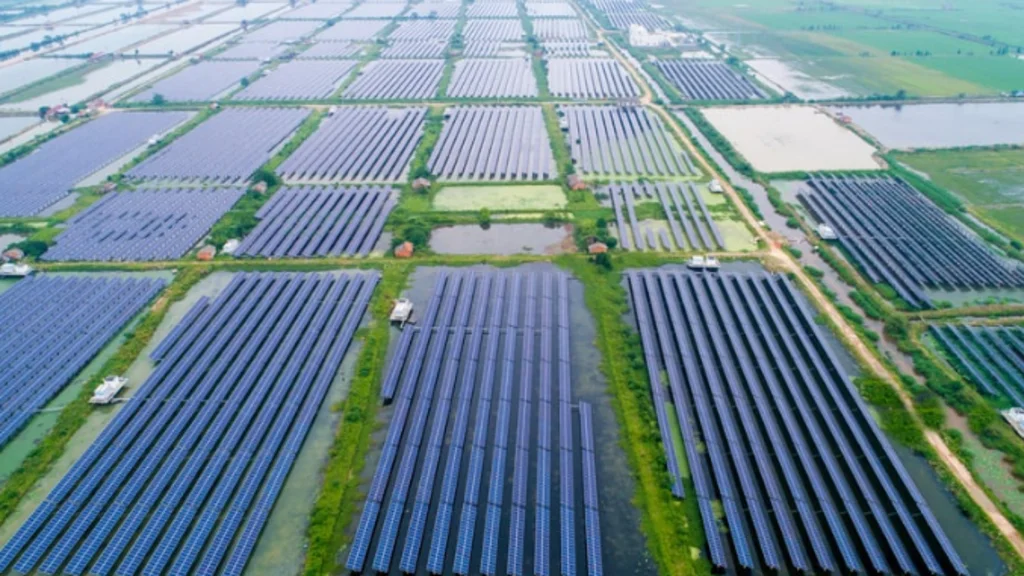
How to Maximize the Value of Your REC Solar System
A smart solar investment doesn’t end with panel selection. From your inverter setup to how often you clean your system, several factors influence the amount of electricity and savings you’ll generate.
Here are a few ways to optimize your system for long-term reliability and peak performance.
Use a Smart Inverter
Smart inverters help you monitor output in real-time, diagnose faults, and maintain optimal operation. They’re crucial when pairing REC panels with battery storage or electric vehicle (EV) chargers.
We recommend hybrid inverters that support both AC and DC coupling, especially if you plan to add a solar battery in the future.
Keep Panels Clean
As mentioned earlier, cleaning can recover up to 10–20% of lost energy. In areas with lots of pollen or dry dust, increase cleaning frequency to once every 6–8 weeks.
Regularly Check for Faults
Use your inverter dashboard or a third-party monitoring system to check for:
- Sudden drops in production
- Temperature warnings
- Inverter restarts or errors
Early diagnosis saves money and protects your investment.
Visit here: solar ac price.
Common Mistakes People Make with REC Solar Panels
Even high-quality solar panels can underperform if the system is poorly planned or not properly maintained. Let’s go over a few errors that are easy to make—but just as easy to avoid.
These tips will help you protect your solar investment and maximize your energy output.
Incorrect Tilt Angle
Panels installed at the wrong tilt can lose 5–15% output annually. Your installer should calculate the optimal angle based on your latitude.
Incompatible Inverter or Battery
REC panels are high-efficiency—pairing them with low-end inverters leads to mismatched system performance. Use a Tier 1 hybrid inverter to ensure compatibility.
Delaying Cleaning
A dirty panel is a lazy panel. Don’t wait a full year to clean your system.
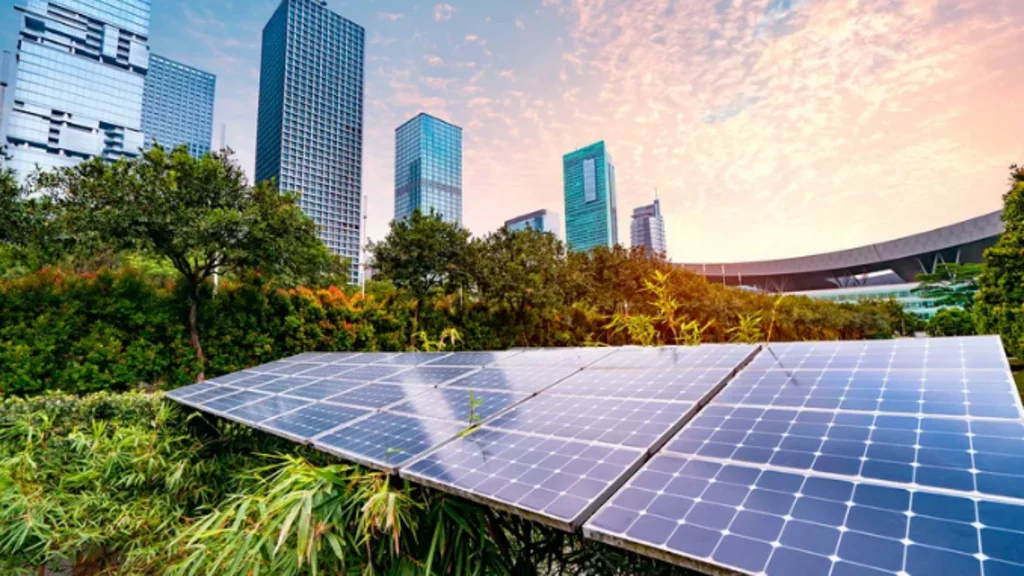
Solar EV Charging with REC Panels: Is It Viable?
As electric vehicles become more prevalent, many homeowners wonder whether their solar system can meet their daily driving needs. The answer is yes, and REC panels are a strong match for the job.
Here’s how to align your solar energy system with your EV charging habits.
Charging Your EV with REC Panels
If you install a 6kW REC system (about 15–16 panels), it can provide roughly 750–900 kWh/month, enough to cover daily EV use for many drivers.
Example setup:
- 15 REC Alpha Pure-R 410W panels
- SolarEdge hybrid inverter
- Wallbox Pulsar Plus Level 2 charger
This setup has powered a Tesla Model 3 owner in California for over a year without any grid dependency during daylight hours.
How Long Do REC Solar Panels Last?
One of the main reasons homeowners choose REC is long-term value. These panels are built to perform not just in the first year, but over decades.
Let’s break down what you can expect from their warranty and performance track record.
Warranty and Degradation
REC offers a 25-year performance warranty and 25-year product warranty on most of its newer models, such as the Alpha and N-Peak series. According to independent testing by PVEL (PV Evolution Labs), residential solar panels consistently show less than 5% degradation over 10 years—far better than many Tier 2 brands.
That means after 25 years, your REC system could still be producing at least 92% of its original output.
Trusted Resources for Solar Data and REC Panel Reviews
With so many conflicting opinions online, it’s essential to base your decision on trustworthy sources. Fortunately, several platforms and labs provide data-backed performance results.
Below are sites we trust when researching panel specs, customer feedback, and rebates.
- NREL.gov – U.S. National Renewable Energy Lab, with test data and modeling tools
- Energy.gov – Resources for homeowners including rebates and performance guides
- Solar-Reviews.com – Customer reviews and installer feedback
- RECGroup.com – Manufacturer’s site for spec sheets and certifications
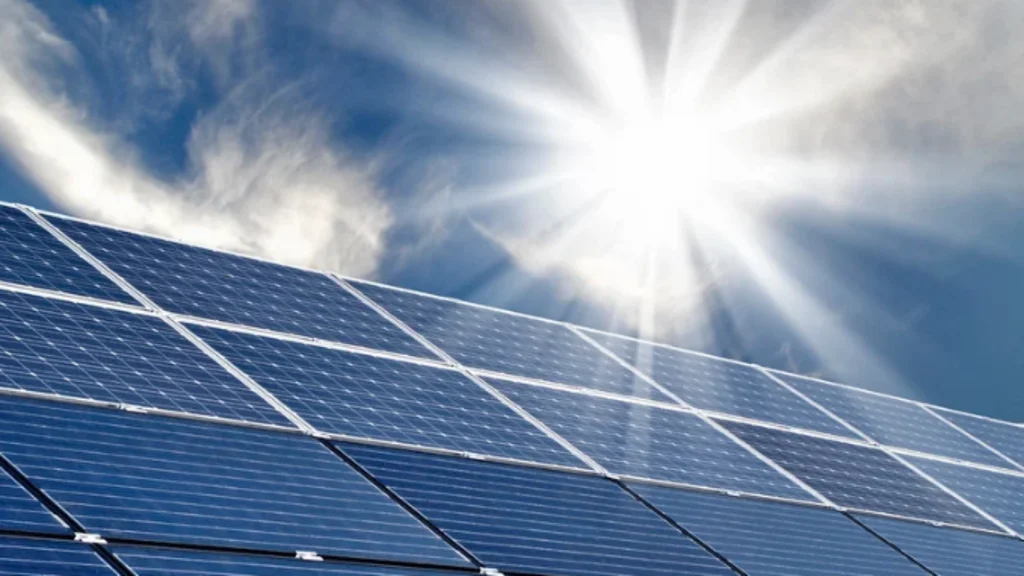
Conclusion: Are Solar Panels Right for You?
If you’re looking for a long-lasting, efficient, and well-reviewed solar panel, REC Solar Panels are a strong choice. With industry-leading durability, strong warranties, and real-world performance in diverse conditions, they offer an excellent return on investment (ROI).
But don’t stop at the panel, your choice of inverter, cleaning habits, and maintenance all affect performance.
“It’s not just about buying good panels,” says Florida homeowner Angela. “It’s about taking care of the whole system.”
If your panels haven’t been cleaned in over 3 months, you could be losing 10–20% of your energy output. Book a system checkup today, ensure your REC panels are running at peak efficiency, and start maximizing your solar investment.
FAQs
Is REC a good solar panel?
Yes. REC is widely considered one of the best solar panel manufacturers globally, thanks to high efficiency, excellent warranty coverage, and reliable long-term performance.
What is REC in solar?
REC stands for Renewable Energy Corporation. The company manufactures premium-grade solar panels using HJT technology for both residential and commercial use.
Is REC a Chinese company?
No. REC was founded in Norway and is now headquartered in Singapore. However, it was acquired by China’s ChemChina in 2015. Its operations remain global with manufacturing in Singapore.
Who owns REC Solar Panels?
REC Group is currently owned by ChemChina (China National Chemical Corporation), a state-owned enterprise based in Beijing. Despite the ownership, REC maintains a separate brand identity with strong international presence.
Who is the CEO of REC Solar?
As of 2025, the CEO of REC Group is Jan Enno Bicker, who has played a key role in the company’s global growth and innovation since taking the helm.

